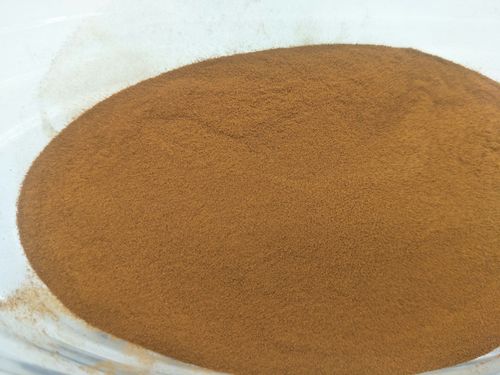**Silicon: Metal, Nonmetal, or Middle Child of the Elements?**
(Is Silicon A Metal Or Nonmetal Or Metalloid)
Silicon is everywhere. It’s in the phone in your hand, the computer on your desk, and even the sand on your favorite beach. But what exactly is this stuff? Is it a shiny metal like aluminum, a brittle nonmetal like sulfur, or something else entirely? Let’s dig into the weird, wonderful world of silicon and settle the debate.
First, the answer: Silicon is a metalloid. Now, you might ask, “What’s a metalloid?” Think of metalloids as the middle children of the periodic table. They don’t fully fit in with metals or nonmetals. Instead, they borrow traits from both. Silicon, for example, looks metallic but doesn’t act like a typical metal. It’s brittle, not bendy, and it’s a semiconductor—meaning it can carry electricity, but not as effortlessly as copper or gold.
Let’s compare. Metals like iron or silver are great at conducting heat and electricity. They’re also malleable, so you can smash them into sheets or stretch them into wires. Nonmetals like oxygen or chlorine are the opposite. They’re poor conductors and often form gases or brittle solids. Silicon sits in the middle. At room temperature, it’s solid and looks shiny, almost like metal. But try bending it? It’ll snap. Heat it up, and it can conduct electricity—but only when conditions are right. This “sometimes yes, sometimes no” behavior makes it perfect for electronics.
Why does this matter? Silicon’s semiconductor superpowers are why your gadgets work. Pure silicon isn’t a great conductor on its own. But add tiny amounts of other elements, like phosphorus or boron, and suddenly it can control electrical currents. This trick—called doping—is how we make computer chips. Without silicon’s split personality, modern tech wouldn’t exist.
Here’s another twist: Silicon loves to bond with oxygen. In nature, you’ll rarely find pure silicon. Instead, it’s usually stuck to oxygen, forming silica (the main ingredient in sand) or silicates (found in rocks and clay). This oxygen obsession makes silicon super stable. It’s why your phone survives a drop on concrete—silicon-based materials are tough.
But wait—if silicon isn’t a metal, why do people get confused? Blame the periodic table. Silicon sits right below carbon in the “metalloid zone,” sharing a column with metals like tin and lead. Its shiny appearance doesn’t help. Plus, the word “silicon” sounds like “silicone,” the rubbery stuff used in kitchen utensils. They’re related but not the same. Silicone contains silicon, oxygen, and other elements, making it flexible and heat-resistant.
So why do we care about labels? Knowing whether silicon is a metal, nonmetal, or metalloid helps us use it better. Its in-between nature lets engineers tweak it for solar panels, microchips, and even medical devices. If it were a full metal, it might conduct too much. If it were a nonmetal, it might not conduct at all. That Goldilocks balance—just right—is why silicon rules the tech world.
Fun fact: Silicon isn’t rare. It’s the second-most abundant element in Earth’s crust, right after oxygen. Nearly 30% of the planet’s rocky layer is silicon-based. Yet pure silicon took centuries to isolate. Early chemists struggled to separate it from oxygen. Today, we melt down sand in superhot furnaces to get it.
(Is Silicon A Metal Or Nonmetal Or Metalloid)
One last thing: Silicon’s story isn’t over. Scientists keep finding new ways to use it, from quantum computing to bioengineering. Its mix of metal-like and nonmetal traits makes it a playground for innovation. So next time you swipe your phone, remember—it’s all thanks to a quirky element that couldn’t pick a side.
Inquiry us
if you want to want to know more, please feel free to contact us. (nanotrun@yahoo.com)




